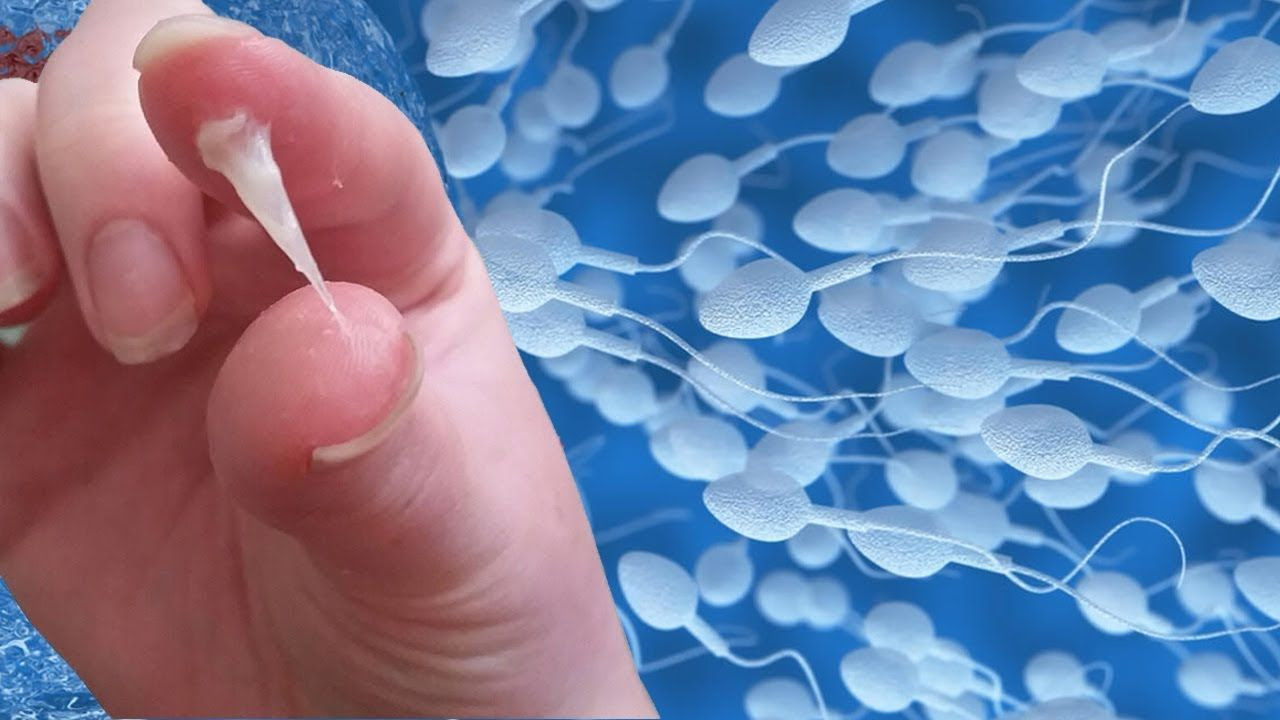Can one control premature ejaculation?
There are two phenomena one must be familiar with in relation to male sexual arousal. The first event in the course of arousal is the erection of the penis, signifying the filling of the male external sexual organ with blood, causing it to become straight and seemingly enlarge. The next event involves the contraction of penile muscles, forcing semen (containing sperm) out of the tip in what is known as ejaculation. Up to five spurts of semen can be ejaculated during a single act of sexual stimulation.
This article focuses on the phenomenon of ejaculation, particularly premature ejaculation, which, as the name suggests, refers to early ejaculation—occurring within 1 to 3 minutes of penile penetration or before the individual feels ready. Males experiencing premature ejaculation often endure distress or frustration, potentially leading them to avoid various forms of sexual intimacy. It's crucial to note that this condition is very common, affecting 30-40% of people at some point in their lives. Fortunately, it is manageable, and this article aims to provide reassurance.
How does one know if they are experiencing premature ejaculation?
While many individuals may feel they have early ejaculation, occasional instances are perfectly normal. In order for the diagnosis to be made, the following points must be present:
1. Ejaculation cannot be delayed beyond 3 minutes of penetration.
2. This must be true for 75% or more of the ejaculations the person experiences.
If this occurs during masturbation, it is considered equivalent to penetration. The condition may be lifelong, persisting from the first sexual interaction, or acquired later in one's sexual life after a period of normal ejaculation.
What may be causing this condition?
A mix of emotional/psychological and biological factors plays a role in the causation. Emotional factors may include depression, stress, guilt, a history of negative or traumatic sexual interactions, and unrealistic expectations from sex. Contributing biological factors may involve hormone level imbalances, genetic causes passed down from parents, or infections in the prostate or urethra.
What to do if you suspect you or a loved one experiences premature ejaculation?
It is important to remember that the condition is common and manageable but requires consistency and patience. If you have a permanent partner, consider visiting a doctor together. Answer the doctor's questions truthfully and commit to improving in a healthy way. Almost 90% of people get better with behavioral interventions and counseling. Tests may be necessary to rule out biological causes, and medication may be prescribed for management.
Emphasizing the importance of mental health, breaking down stigmas surrounding psychological support, and addressing systemic issues contributing to stress and guilt are vital. Encouraging a healthy attitude toward sexuality, consent, and open communication between couples is crucial. It is empowering for individuals to redefine their sexual experiences on their own terms, challenging societal standards surrounding sexual performance. Respecting individual experiences and avoiding negative stereotypes that contribute to feelings of failure or inadequacy is essential.
It is critical to understand that sexual health is a complex component of holistic well-being impacted by personal experiences, societal expectations, and standards. Those dealing with premature ejaculation may feel additional distress due to traditional gender norms and expectations. Challenging these misconceptions is imperative to create a more supporting environment for men experiencing sexual difficulties.
Resources:
3. https://www.webmd.com/men/what-is-premature-ejaculation
4. https://www.urologyhealth.org/urology-a-z/p/premature-ejaculation
